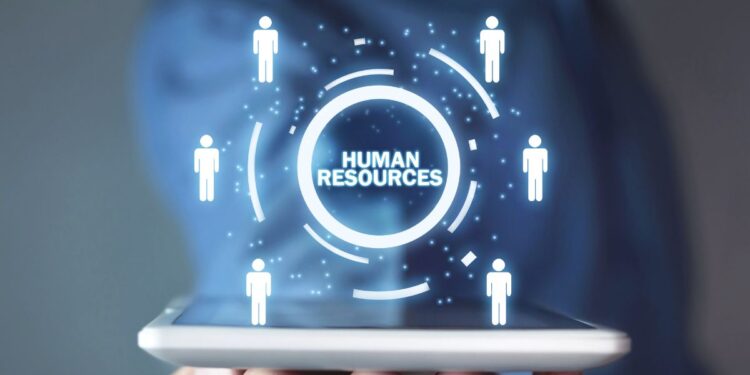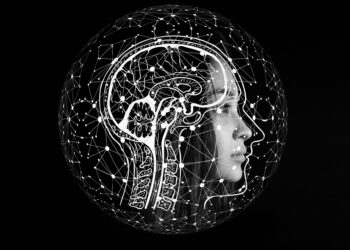Technology is revolutionizing every aspect of business, and human resources (HR) is no exception. Modern innovations are transforming HR into a more efficient and strategic function, from streamlining administrative tasks to enhancing employee engagement. Here, we explore the key ways technology is reshaping HR and what the future holds for the industry.
Automating Administrative Tasks
Automation tools now handle repetitive tasks like payroll, attendance tracking, and benefits management.
- Efficiency Gains: Automated systems save time and reduce errors, allowing HR teams to focus on strategic initiatives.
- Cloud-Based Solutions: Platforms provide centralized systems for managing employee records that are accessible anytime and anywhere.
This shift towards automation enables HR professionals to allocate resources toward more impactful activities, such as employee development and workforce planning. Human resource technology is playing a pivotal role in streamlining operations, improving recruitment processes, and enhancing employee engagement, ultimately transforming the way HR professionals manage and support their workforce.
Revolutionizing Recruitment
Technology has dramatically changed the hiring process, making it faster, fairer, and more data-driven.
- AI-Powered Recruitment: Artificial intelligence (AI) tools screen resumes, assess candidate qualifications, and even predict job performance.
- Video Interviews: Platforms like Zoom and Microsoft Teams have made remote interviews a standard practice, enabling organizations to tap into global talent pools.
- Data-Driven Insights: Analytics tools help recruiters identify trends and make informed decisions about hiring strategies.
By leveraging these tools, companies can not only attract the best talent but also create a more equitable hiring process.
Enhancing Employee Engagement and Retention
Retaining top talent is one of the biggest challenges HR faces, and technology is providing innovative solutions.
- Employee Feedback Platforms: Tools like Officevibe and Culture Amp collect real-time feedback, allowing companies to address issues before they escalate.
- Learning and Development: Online training platforms like LinkedIn Learning and Coursera empower employees to upskill at their own pace.
- Recognition Programs: Digital platforms make it easy to acknowledge achievements, boosting morale and fostering a positive work culture.
These tools help HR teams create a more engaging and supportive environment, ultimately improving employee satisfaction and loyalty.
Remote Work and Collaboration Tools
The rise of remote work has redefined the workplace, and HR is at the forefront of managing this transition.
- Virtual Collaboration Tools: Platforms like Slack and Microsoft Teams facilitate communication and collaboration among remote teams.
- Digital Onboarding: New hires can now complete orientation and training online, ensuring a smooth integration regardless of location.
- Performance Management: Tools like 15Five and Lattice provide continuous performance tracking, helping managers stay connected with their teams.
These technologies ensure that remote work remains productive and employees feel connected, no matter where they are.
With all-in-one HR solutions like HR system management by ZeltHR, businesses can manage remote onboarding, performance tracking, and daily operations through a single interface.
Data Privacy and Ethical Challenges
While technology brings numerous benefits, it also raises ethical concerns, particularly around data privacy.
- Employee Monitoring: Tools that track productivity can improve efficiency but may lead to concerns about micromanagement and privacy.
- Data Security: Protecting sensitive employee information is a top priority, requiring robust cybersecurity measures.
- Bias in AI: Ensuring that AI algorithms are free from bias is critical to maintaining fairness in recruitment and performance evaluations.
HR professionals must balance technological innovation with ethical considerations to build trust within the organization.
The Future of HR Technology
As technology continues to evolve, so will its impact on HR. Here’s what the future might hold:
- AI and Predictive Analytics: Advanced analytics will enable HR teams to predict workforce trends and proactively address challenges.
- Virtual Reality (VR) in Training: VR can simulate real-world scenarios, offering immersive training experiences for employees.
- Blockchain for HR: Blockchain technology could revolutionize areas like payroll, employee verification, and contract management by providing secure and transparent systems.
The integration of these technologies will further enhance HR’s ability to drive organizational success.
Conclusion
Technology is not just transforming HR; it’s redefining its role within organizations. From improving efficiency to fostering employee satisfaction, modern tools are enabling HR professionals to focus on what matters most: building a thriving workforce. As innovation continues, the future of HR looks bright, with endless possibilities for creating more inclusive, efficient, and impactful work environments.































































